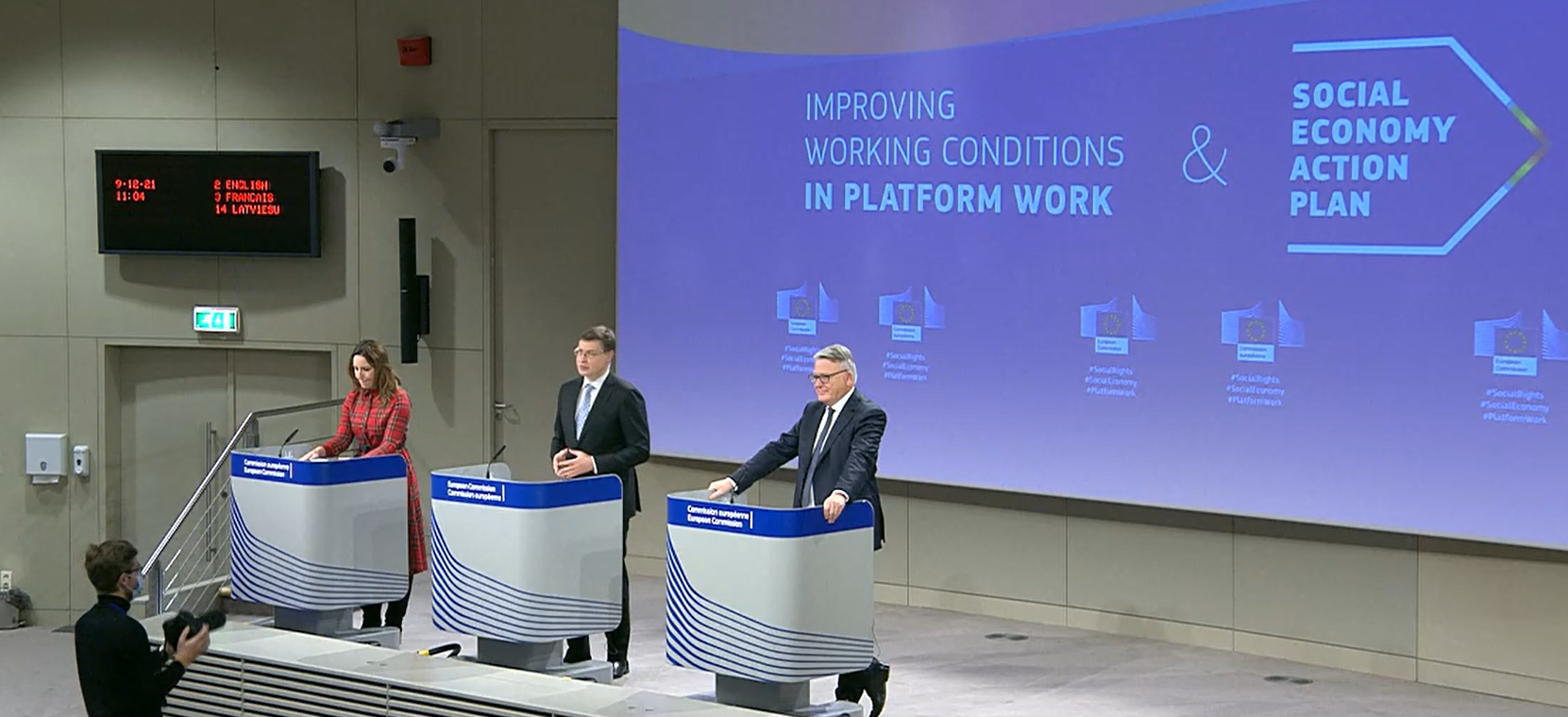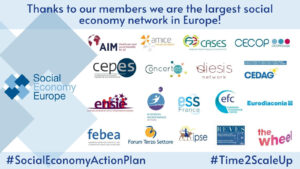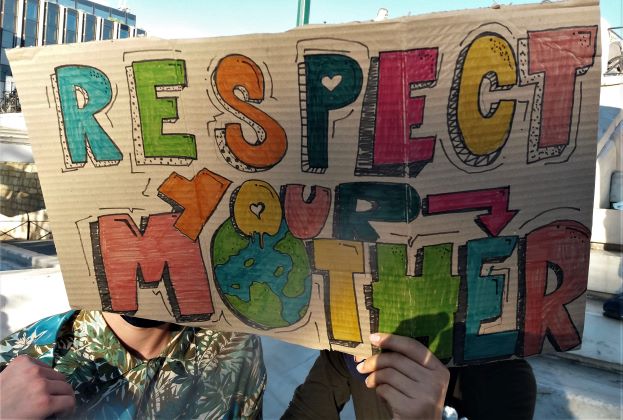
A positive project for Europe, a new chapter for the social economy
On 8th of December, the Executive Vice-President of the European Commission Valdis Dombrovskis and Commissioner Nicolas Schmit presented the Social Economy Action Plan at a press conference in Brussels.
The Commission’s communication entitled “Building an economy that works for people: an action plan for the social economy” has a horizon of nine years for its implementation 2021-2030, and will be assed in 2025. Social Economy Europe believes that the Social Economy Action Plan is an impressive EU public policy, co-created with social economy stakeholders, that offers a positive project for Europe. An initiative that has the potential to scale up the social economy in Europe, going beyond the traditional 6.3% of total employment in the EU that it currently represents.
“We warmly welcome and endorse the Social Economy Action Plan for which we have been working and advocating since 2014. The Social Economy Action Plan will provide concrete instruments for social economy actors to scale-up all over Europe and beyond our borders.” Juan Antonio Pedreño, President of Social Economy Europe
The Social Economy Action Plan provides a clear and inclusive definition of the social economy in Europe:
“In the context of this action plan and related EU initiatives, the social economy covers entities sharing the following main common principles and features: the primacy of people as well as social and/or environmental purpose over profit, the reinvestment of most of the profits and surpluses to carry out activities in the interest of members/users (“collective interest”) or society at large (“general interest”) and democratic and/ or participatory governance.“
“The Action Plan is a federative initiative, it includes some of our main policy recommendations. The proposal of a Council Recommendation on developing social economy framework conditions, that the Council should adopt in 2023; the new Single EU Social Economy Gateway to be launched in 2030; or the importance of supporting social economy representative networks in every EU MS, as well as the emergence of local social economy contact points in all Member States, are fully alligned with the letter and spirit of our proposals.”
Juan Antonio Pedreño, President of Social Economy Europe
The policy includes 38 concrete actions to be implemented in the coming nine years, in key areas as: state aid (exploring new possibilities for work integration social enterprises and other social economy enterprises of social utility), legal and policy frameworks, socially responsible public procurement and access to markets, promoting social economy at local, regional and international levels; business support, skills, youth entrepreneurship, access to funding and finance (InvestEU and othe relavant programmes); social economy contribution to the green and digital transitions, social innovation; recognition and more.
In line with the EU Industrial Strategy , the Commission also launched a Transition Pathway for the Proximity and Social Economy Industrial Ecosystem, that enacts a participatory process that will will result in
“a finalised transition pathway during 2022, summarising the joint work and targeted engagement with stakeholders and mobilising stakeholders to present commitments and joint actions to boost resilience and accelerate the green and digital transition of this industrial ecosystem. The Commission will mobilise different mechanisms to enable this process and facilitate stakeholder cooperation on the roll-out of the transition pathway”.
“This is a very good EU public policy, a policy that inspires and supports a positive project for Europe, a policy that will kick start an entrepreneurial revolution. What excites us the most at Social Economy Europe, is the way forward. All hands are needed now to implement the plan: social economy stakeholders, Member States, EU Institutions, local and regional authorities, researches, financial institutions, the philantropy and investors, the GECES, etc. An adventure in which we look forward to cooperating with our amazing network.”
Víctor Meseguer, Director of SEE.

